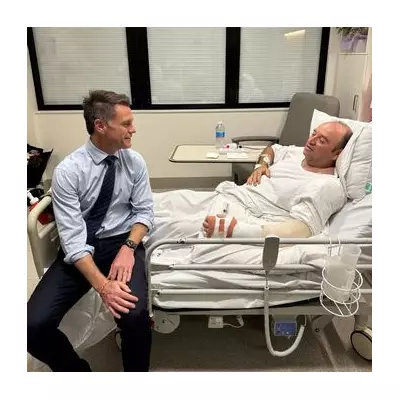
A damning inquest has laid bare a catastrophic sequence of systemic failures that led to the rape and murder of a vulnerable 17-year-old girl who was under the care of the state. The teenager, who cannot be named for legal reasons, was killed by convicted sex offender Michael Grant in his flat in October 2022.
The victim, known as 'Child G', had a history of trauma and was placed in an unregulated supported accommodation unit in Greater Manchester. Despite her known vulnerabilities and being flagged as a high-risk missing person, she was failed by multiple agencies intended to protect her.
A Cascade of Catastrophic Failures
The Manchester North Coroner's Court heard how a litany of errors contributed to the tragedy:
- Greater Manchester Police received 16 missing person reports about the girl in the months before her death but failed to escalate her risk level appropriately.
- Social services and care providers did not share crucial information about her safety plans or known associations with dangerous individuals.
- The teenager was placed in accommodation where staff lacked proper training to handle her complex needs.
- There was a complete breakdown in communication between health services, police, and social care providers.
The Final Hours
On the night of her death, the victim had been reported missing yet again. Tragically, she was discovered by staff at her accommodation unit having suffered two cardiac arrests after the brutal attack. She was rushed to Manchester Royal Infirmary but could not be saved.
"This represents a gross failure of the system meant to protect her," the coroner stated during the proceedings, highlighting that Michael Grant, her murderer, had a known history of sexual violence and should never have had access to the vulnerable teenager.
Coroner's Concerns and Future Prevention
The coroner is now preparing a Prevention of Future Deaths report, demanding urgent action from Manchester City Council, Greater Manchester Police, and the integrated care board. This report will outline mandatory changes to prevent similar tragedies from occurring.
The case has sparked outrage among child protection charities, who are calling for an immediate overhaul of how vulnerable children in supported accommodation are safeguarded, particularly those at risk of exploitation.





